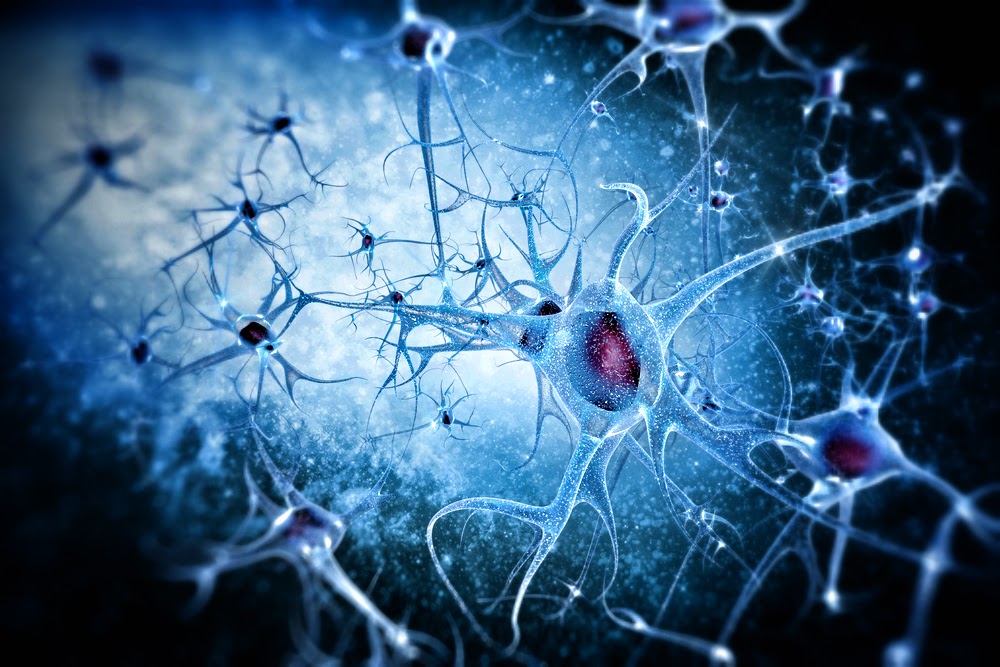Reelin, an extracellular protein known to interact with the Alzheimer’s disease-linked amyloid precursor protein, may be crucial for reversing the pathological processes associated with the neurodegenerative disease, opening the door for the designation of potential future therapeutic targets. The results appeared in the peer-reviewed journal Progress in Neurobiology.
“Reelin is protective against amyloid-β (Aβ) pathology in Alzheimer’s Disease (AD), reducing plaque deposition, synaptic loss and cognitive decline,” the study’s authors stated. “Given that Tau protein plays a key role in AD pathogenesis, and that the Reelin pathway modulates Tau phosphorylation, here we explored the involvement of Reelin in AD-related Tau pathology.”
Alzheimer’s disease is a neurodegenerative disease disrupting cognitive function and destabilizing connections between neurons. Hypothetically, the disease is linked to the creation of amyloid plaques and accumulation of insoluble deposit of Tau.
In the study, researchers conducted a series of experimentation on rodents, determining that Reelin overexpression modulated levels of Tau phosphorylation in epitopes linked to Alzheimer’s.
“Reelin reduced the Aβ-induced missorting of axonal Tau and neurofilament proteins to dendrites,” the study reads. “Reelin also reverted in vivo the toxic somatodendritic localization of phosphorylated Tau.”
The findings indicated that overexpression of Reelin among the rodents resulted in improved long-term cognitive function.
“These data suggest that the Reelin pathway, which is also protective against Aβ pathology, modulates fundamental traits of Tau pathology, strengthening the potential of Reelin as a therapeutic target in AD,” the study concluded.


